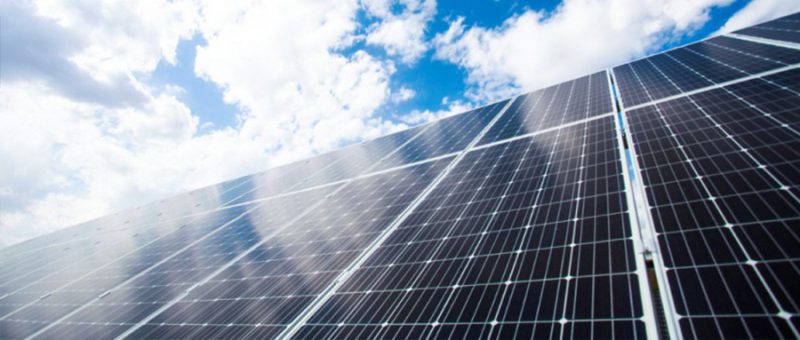PVTIME – In a critical vote on 24 June, France’s Senate rejected a bill that would have suspended all new wind and solar projects, averting a policy crisis for the country’s renewable energy sector. The PPL Grémillet proposal, championed by the right-wing National Rally, was rejected after a tense political showdown, with senators voting to maintain momentum for clean energy expansion. Industry groups welcomed the decision as validation of France’s commitment to its climate goals, although the debate revealed ongoing tensions between long-term transition objectives and short-term political considerations.

The legislation, which had initially passed by just three votes on 19 June, sought to halt new renewable projects until a comprehensive review of energy policies had been conducted. Supporters of the bill argued that a pause was necessary in order to address regulatory gaps and community concerns. However, critics warned that it would hinder progress towards the National Assembly’s amendment requiring 30% renewable energy by 2030. Energy analysts noted that the bill directly contradicted France’s obligations under the EU’s Net Zero Industry Act, which requires a 40% increase in domestic clean technology capacity by 2030.
A report released by the French Renewable Energy Union (SER) ahead of the vote highlighted the severe consequences of the proposed freeze, including the loss of 20 gigawatts of new capacity and over 50,000 jobs within five years. SER president Marc Fayola stressed that wind and solar technologies had gained broad support across society, warning that a construction halt would leave France significantly behind in the global energy transition. Data showed that France’s share of renewable energy stood at just 22% in 2023, which is well below the EU average of 40%.
Although the Senate’s decision offers some respite to the sector, observers have noted that challenges remain for France’s energy transition. Jean-Pierre Raffarin, chair of the Senate’s Energy Committee, emphasised the need for pragmatic reforms rather than abrupt policy reversals. He suggested plans to streamline permitting processes and enhance community engagement in project development. Solar industry leaders welcomed the focus on practical solutions, but warned that political instability could undermine confidence in the European clean technology supply chain.
Against the backdrop of the EU’s push for accelerated decarbonisation, France’s choice highlights a wider dilemma faced by nations trying to balance electoral pressures with climate imperatives. The government is now expected to advance legislation that couples the accelerated deployment of renewables with measures to address local concerns. The aim is to chart a course that sustains momentum for the energy transition while addressing complexities on the ground.

Scan the QR code to follow PVTIME official account on Wechat for latest news on PV+ES











